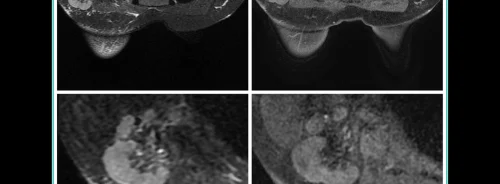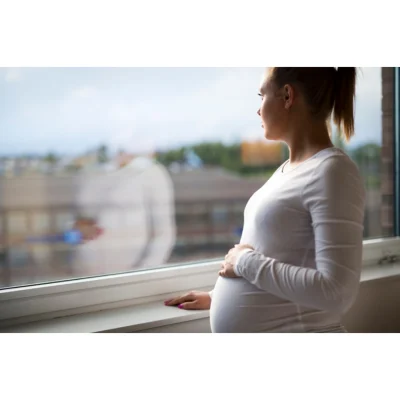University of Michigan researchers in Ann Arbor examined financial hardship among U.S. women during and after pregnancy, which included the prevalence of cost-related unmet healthcare needs, unaffordable healthcare, and general financial stress.
The study examined financial hardship in 3509 peripartum women, aged 18 to 45 years, who participated in the National Health Interview Survey (NHIS) from 2013 to 2018. The NHIS is an annual survey of representative households conducted by the US Centres for Disease Control and Prevention (CDC).
Financial hardship measures included:
- Unmet health care need due to cost, defined as needing but being unable to afford medical care.
- Health care unaffordability,defined as feeling “worried” about medical bills/debt.
- General financial stress,defined as being “worried” or cost associated with standard of living.
Of the surveyed women, 24% reported unmet healthcare needs; 60%, healthcare unaffordability; and 54%, general financial stress. Financial hardship measures remained constant during the survey period. Although those with private insurance were less likely to have unmet healthcare needs, they were more likely to experience healthcare unaffordability. Household incomes played a major role in the odds of healthcare needs and care being unmet and unaffordable. Having no insurance correlated with having unmet healthcare needs and unaffordability. Although having private insurance more likely meant not having unmet healthcare needs,these persons were more likely to experience healthcare unaffordability. Regardless, financial hardship was common among peripartum women irrespective of insurance status.
The study’s authors highlight an ‘urgent need for policies that ensure uninterrupted insurance coverage for pregnant and postpartum women.’Given that the U.S. is the only ‘rich’ country without a statutory policy of paid maternity leave, household income falls dramatically around the times of childbirth. It could lead to an increased risk for adverse birth events. They call for policies and programs to address social needs during pregnancy, including ‘aid parental leave, child tax credits, and strategies to alleviate food and housing insecurity.’
The results of this study have been published in the JAMA Network Open.
References:
Taylor K, et al (2021) Financial hardship among pregnant and postpartum women in the united states, 2013 to 2018. JAMA Network Open, 4(10), e2132103-e2132103.











